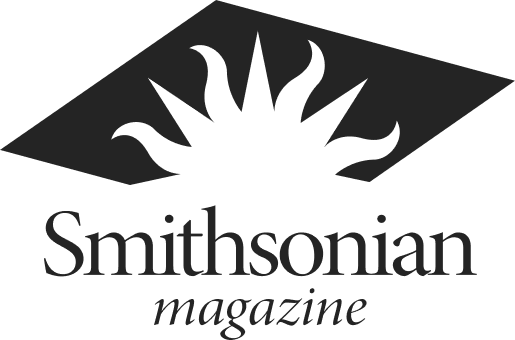In Thousands of Recordings, Jim Metzner Collected Sounds From Around the World
The Library of Congress has acquired the prolific radio producer’s full body of work
:focal(2016x1517:2017x1518)/https://tf-cmsv2-smithsonianmag-media.s3.amazonaws.com/filer_public/63/ef/63ef527e-bbeb-4854-a1c0-94c792283a6b/623281.jpg)
The deep calls of an elephant, sped up so that they can be picked up by the human ear. A Japanese New Year’s song, sung by children living in Hawaii. The shrieks of beached whales in Cape Cod, right before being rescued.
These are just a few of the sounds that Jim Metzner has featured on “Pulse of the Planet,” a nationally syndicated radio series that aired from 1989 until earlier this year. Every day, a two-minute episode invited audiences to travel around the world by listening to soundscapes, which Metzner recorded and narrated. In June, “Pulse of the Planet” ended its run and became a monthly podcast.
Though you can no longer catch Metzner’s two-minute daily sound bites on your radio, you can find them on any computer with an internet connection. That’s thanks to the Library of Congress, which announced earlier this month that it has acquired Metzner’s full body of work. That includes over three decades of “Pulse,” the longer unedited recordings that made the show possible, and recordings he captured elsewhere in his long career.
Metzner wouldn’t use the word “capture” himself, though.
“Sometimes you hear people say, ‘You know, I captured this sound’ and ‘I captured that sound,’” he tells Rachel Treisman of NPR’s “Morning Edition.” “Right from the get-go, I never felt that I was capturing anything. I felt like these things were gifts. You receive something extraordinary, the first thing you want to do is say, ‘Oh my God, listen to this! Let me share this with somebody!’”
The Metzner collection is massive, and the work to digitally preserve it has only just begun, says the Library of Congress in a statement. The radio producer has thousands of recordings to his name, including more than 2,000 audio cassettes, over 1,000 digital audio tapes, and nearly 100,000 sound files created with digital recording gear over the last two decades. Additionally, the collection includes photographs, handwritten journals and storybooks. In total, the collection houses 28,000 mixed material items, spanning from the 1970s to 2019.
Though the digitization process is still underway, the Library of Congress has released a guide detailing the recordings that will eventually be available in the digital archives.
Metzner’s work is far from over. “I’m 73, I’m starting to get to be involved in a lot of other projects,” he told Current’s Tyler Falk in April. Next, he is heading to New Zealand to share his knowledge and continue recording as a Fulbright specialist in media and communication. Additionally, he oversees American Soundscapes, which he described to Current as “StoryCorps for sound.” The website is a growing library of soundscapes that anyone can contribute to.
These projects are all in line with Metzner’s driving goals: to use sound as a window through which to explore the world, and to elevate appreciation for the power that sound can have.
As Metzner tells NPR: “You can go to a museum and see Diane Arbus' photographs. You can see René Magritte's paintings. Why not soundscapes? They are every bit as much of an art form.”

